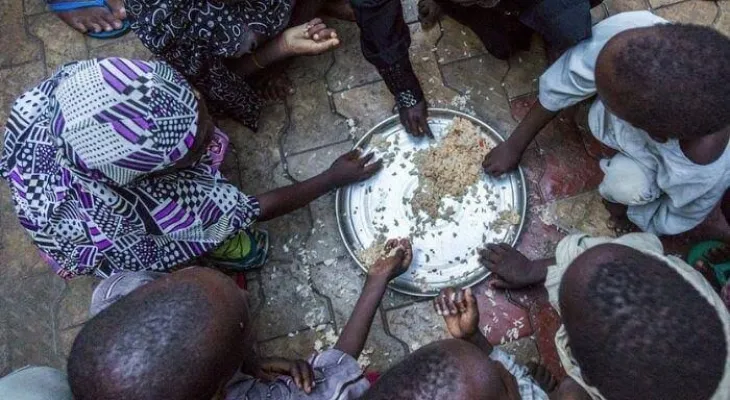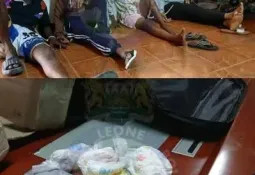
Cadre Harmonisé Report Highlights Food Insecurity Crisis in Sierra Leone
On July 9, 2024, recent findings from the Cadre Harmonisé (CH) analysis for West Africa revealed a troubling projection: approximately 1.6 million people in Sierra Leone are expected to experience food insecurity (IPC Phase 3 or above) during the lean season from June to August 2024. This assessment is part of the World Bank’s latest Food Security Update.
The CH tool, extensively utilized across the Sahel and West Africa, provides a consensus-based analysis of acute food and nutrition insecurity. It functions as an early warning system designed to prevent and manage food and nutrition crises.
The report indicates that the food insecurity situation across the region is severe, with 49.5 million people projected to face IPC Phase 3 or higher during the same period. This includes significant numbers in countries such as Nigeria (31.7 million), Niger (3.4 million), Chad (3.3 million), Burkina Faso (2.7 million), Mali (1.4 million), and Ghana (1 million).
In Sierra Leone, the report attributes the worsening food insecurity to macroeconomic challenges, high food prices, and inflation rates. Annual food inflation in Sierra Leone reached a staggering 45 percent in February 2024, the highest in the region. This spike has led to substantial increases in the prices of staple foods, with local rice up by 33 percent, imported rice by 38 percent, and cassava by up to 122 percent year-on-year.
Economic volatility in Sierra Leone, characterized by a headline inflation rate of 43 percent, continues to hinder households’ access to essential food items despite adequate market supplies. High global fuel prices further exacerbate the situation by driving up transportation costs, which in turn push food prices higher.
Looking ahead, the report anticipates a slowdown in headline inflation for 2024 due to sustained monetary tightening and stabilized domestic utility costs. However, new taxes outlined in the 2024 budget, including a 5 percent import duty on rice and cooking gas, are expected to continue escalating price pressures.
Approximately 1.6 million Sierra Leoneans, representing about 20 percent of the population, are projected to require urgent food assistance during the lean period from June to August 2024. This figure marks a 4-percentage point increase compared to the same period in 2023, with over 31,000 people classified in Emergency (CH Phase 4).
These findings underscore the critical need for targeted interventions and support to mitigate the impact of food insecurity in Sierra Leone. It aligns with broader efforts across the region to address the root causes of hunger and vulnerability, ensuring that affected populations receive the necessary aid to navigate these challenging times.
Ishaqa S. Jalloh
Ishaqajalloh@sierraleonews.com
+23278799279




















